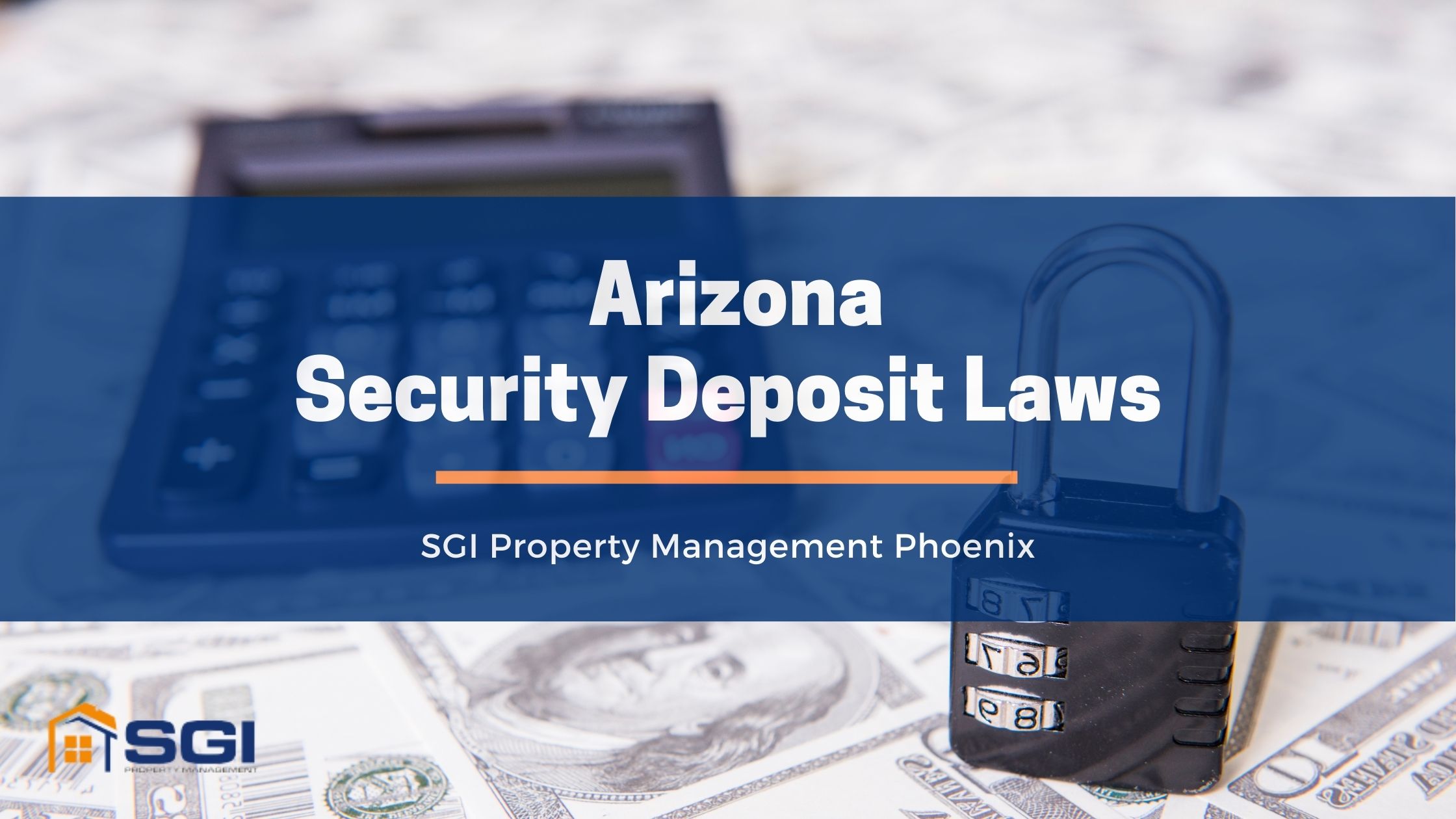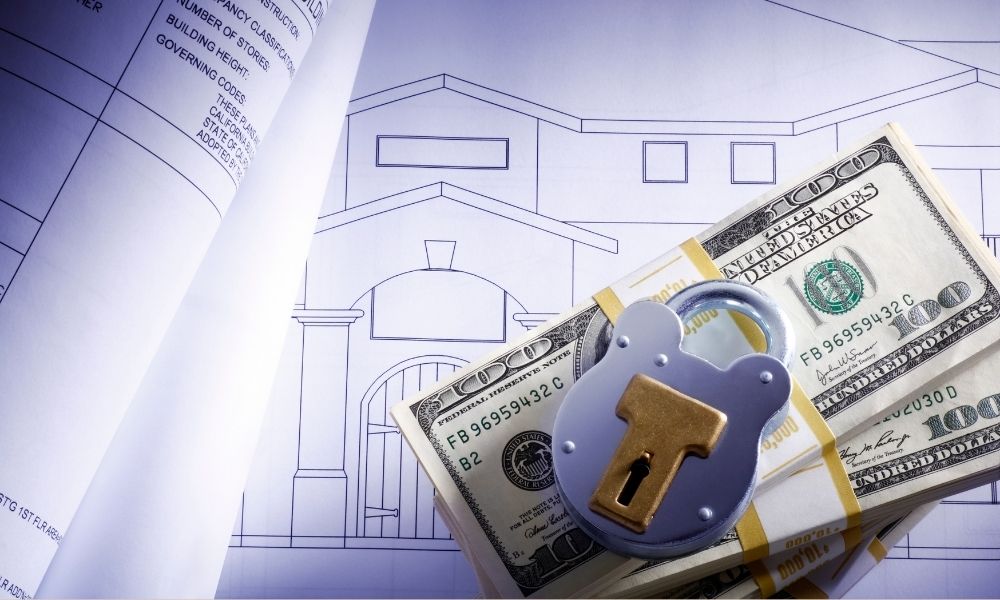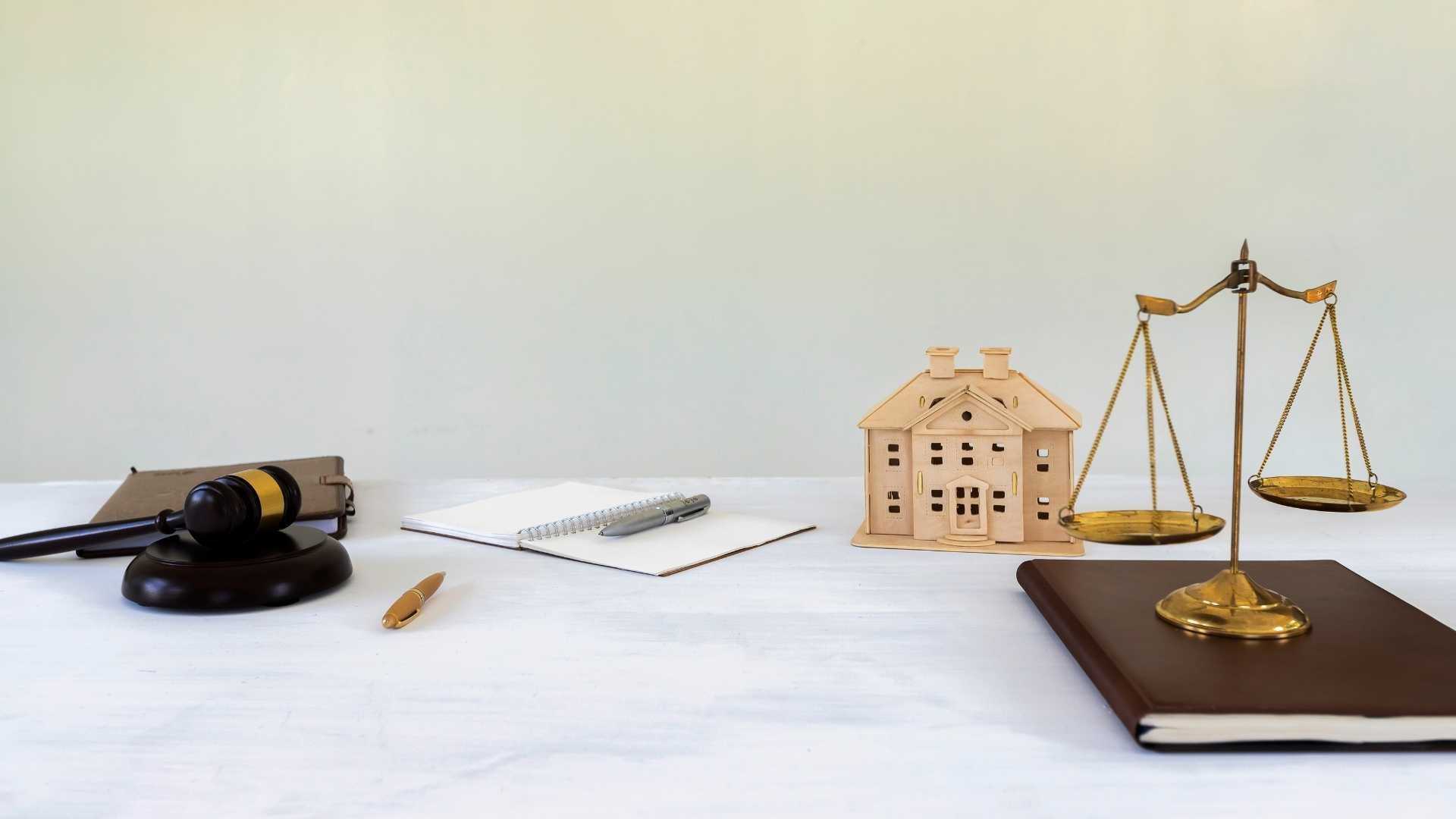
As an Arizona landlord, charging security deposits is a great idea. It’s meant to protect you against financial losses, cover unexpected costs associated with leasing out a rental, and address damages beyond normal wear and tear to your property.
For instance, if a tenant fails to pay their monthly rent in accordance with the lease or rental agreement, or if they cause damage exceeding normal wear and tear to the property, a landlord can use the tenant's security deposits to recover their losses, including unpaid rent, when the tenant moves out.
Additionally, it can help cover maintenance costs needed to restore the property to its original condition. If the property needs repairs or cleaning beyond what’s expected from normal wear and tear, the deposit can also cover these expenses.
Any deductions for repairs or unpaid rental payment must be itemized and provided to the tenant to ensure that the deductions are fair and in accordance with the lease.
This ensures that both the landlords and tenants are clear on the reasons for any deductions from the deposit. Arizona landlords must also ensure that the deductions are reasonable and justified to avoid any disputes or claims of wrongful withholding.
When collecting the tenant's security deposits or making a deduction, you must abide by certain Arizona rules and laws. In this post, we are providing a basic overview of the Arizona security deposit laws and answering some commonly asked questions.
Is there a limit to how much security deposit a landlord can charge?
Yes, there is a limit. Per Arizona law regarding the limit for security deposits, a landlord cannot request that a tenant pay more than one and one-half month's rent for deposits on the property.
The only exceptions to this are if the tenants voluntarily agree to cover more or if the deposits are for mobile home spaces. Under Arizona law, for a mobile home residence, a landlord can request a maximum of two months’ rental payment as a security deposit for the property.
It’s also worthwhile noting that the Arizona security deposits include compulsory advance rental payments for landlords, which may be applied toward the rent for the property.
Are Arizona landlords allowed to charge a nonrefundable deposit?
If you charge a non-refundable Arizona security deposit for your rental unit as a landlord, you must state that in writing in the rental or lease agreement. Landlords must also explain the purpose of why you are collecting such a deposit or fee that is not refundable to your tenants.
In Arizona, if your deposits and fees aren’t designated as ‘nonrefundable fees’, they are automatically deemed as ‘refundable deposits.’

Are there specific rules in Arizona on how a landlord should store their tenants’ security deposit?
Some states give a landlord specific rules on how they must store their tenants’ security deposits. But this isn’t the case in Arizona. You don’t have to store security deposits in any particular way.
Does a landlord have to notify their tenant upon receipt of their security deposit?
No, per Arizona's laws, a landlord is not required to provide their tenant with a receipt for the rental security deposits once it's in their possession. Nevertheless, most landlords do it anyway.
In the written notice, they state when they received the deposit, how much they received, and any associated fee for processing the deposit. Landlords often provide this information to ensure transparency and avoid potential disputes.
Do tenants in Arizona have a right to a walk-through inspection?
Yes. Arizona tenants are permitted the right to be present during the move-out inspection. The only thing the tenant is required to do is notify the landlord of their desire to be present during the move-out inspection.
It is always smart to state all expectations for the move-out inspection in the lease agreement as the landlord. However, as a landlord, you may waive this right if you’re evicting the tenant or you fear for your safety.
Why may a landlord deduct part or all of a tenant’s deposit?
A landlord has the right to make appropriate security deposit deductions.

The following are some of the legally justifiable reasons to deduct part or all of your tenant’s deposit:
- Tenant's failure to cover utilities. A tenant must clear all utility bills in their name before moving out. If they haven't paid these bills, you can make security deposit deductions.
- Cleaning cost. This is enough justification to make a deduction to a renter's security deposit if a tenant has left the premises in extremely unsanitary conditions. For example, if the premises are extremely filthy, then yes, a landlord would be entitled to a portion of the deposit to cover the labor and cleaning expenses.
- Damage exceeding normal wear and tear. You may also be able to perform deductions of part of a deposit if they have caused excessive property damage. Examples of excessive damage exceeding normal wear and tear include broken doors and windows, missing outlet covers, and huge stains on the carpet.
- Unpaid rent. Once a tenant signs a lease or rental agreement, they are contractually bound to cover each month's rent on the agreed date. If they have unpaid rent or pay their month's rent fee late, you may be able to cut your losses by withholding part or all of their deposit. However, under Arizona law, if the deposit is wrongfully withheld, tenants may be entitled to recover the amount withheld along with any applicable penalties.
- Early lease termination. Breaking a rental agreement is ending a signed agreement before its term. Unless a tenant has a legally justified reason for terminating the lease agreement doing so, you can withhold part of their security deposit.
When and how must landlords return tenants’ security deposits in Arizona?
Once a tenant moves off the premises, Arizona landlords have 14 days to return the security deposit. The 14 days don’t include holidays and weekends.
The 14-day period only begins when certain conditions have been met. The conditions are as follows:
- The signed lease agreement has ended or has been terminated.
- The tenant has returned the rental property back to the landlord.
- The tenant has sent a notice in writing with a request for the return of their security deposit.
Unless your tenant has made other arrangements, it's part of a landlord's duty to mail the deposit refund to their last known address by first-class mail.
If you’re withholding part or all of the deposit, you must provide a written itemized list of deductions that states the reason for each of the deductions, as well as the cost of repair.
What happens to the security deposit if there’s a change in rental property ownership?
If the rental unit ownership changes during a tenancy, you must transfer all deposits to the incoming landlord. New Arizona landlords become responsible for holding the deposit throughout their tenancy in strict adherence to the deposit law.
What happens if you disregard these security deposit rules?
There are repercussions that happen if a landlord fails to abide by the Arizona laws. Generally, a dispute of this nature, it may result in landlords paying their tenant up to twice the amount wrongfully withheld, plus funds that cover court and attorney fees.

Bottom Line
As a landlord, it’s vital to collect a security deposit from your Arizona tenants. A security deposit will help protect landlords financially and help mitigate risks.
We hope this article about the security deposit laws in Arizona was helpful and informative for landlords.
If you have further questions, contact SGI Property Management Phoenix.
Disclaimer: This blog is not intended to be used as a substitute for legal advice from a licensed attorney. Arizona laws frequently change, and this post might not be updated at the time of your reading. Please contact a licensed attorney or professional management company for any questions you have in regard to this content.









